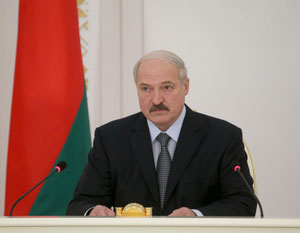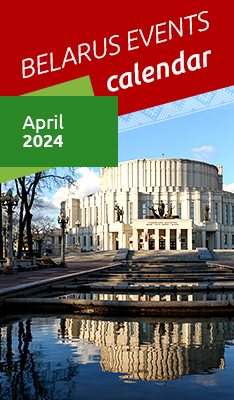Opinions & Interviews
Lukashenko: Zero tolerance policy can make a difference in anti-drug war

MINSK, 4 December (BelTA) – Total rejection of narcotic drugs by the public should become a serious barrier to the drug distribution, Belarusian President Alexander Lukashenko said at a session to discuss the illegal distribution of narcotic drugs, psychotropic substances and their precursors and analogues on 4 December, BelTA has learned.
The head of state emphasized that the country should build up a clear-cut hierarchy of agencies responsible for the war on drugs, including the major anti-drug authority and all other related government institutions and organizations. “There should be no unnecessary elements in this hierarchy. Total rejection of drugs by the society should serve a serious barrier to drug distribution. The government, mass media, NGOs, the church, educational institutions, families and the general public should join efforts to shape and promote anti-drug attitudes based on traditional Christian values,” Alexander Lukashenko said. These efforts combined with tougher punishment will help achieve the necessary effect.
Top on the agenda of the session was the improvement of the legal framework of the anti-drug campaign. “However, the analysis of the work of the police and other law enforcement agencies reveals that we should have twisted some necks a long time ago ignoring excuses and allegations of inadequate legal framework,” the President said.
A draft law on drugs was presented to the head of state at the session. Alexander Lukashenko wanted the participants of the session to answer a number of questions. The President asked whether the efforts to combat drug trafficking, including the measures suggested by the new law, are comprehensive enough to be used effectively along the entire front of the anti-drug war. The President wanted to know whether these efforts will help respond to and prevent new wiles on the part of drug dealers and producers. “Will we be able to effectively combat drug-related crimes and will the new draft law be of great help to us in these efforts?” Alexander Lukashenko asked.
The President reminded that the decree to counteract opium poppy trafficking that was passed in January 2014 helped reduce the consumption of opium poppy. “Once we cut down on opium poppy consumption, we got a new problem – spices. What’s next? Will this draft law be able to grapple with this issue? Can we foresee and prevent a possibility of new drug-related threats in the near perspective? Do we have enough resources and facilities to do it? For example, do we know how to combat drug trade via the Internet?” Alexander Lukashenko asked.
The head of state wanted to know whether the amendments to the law contain any provisions on drug addicts and how to bring these people back to normal life. “If the new law can shake up and intensify the work of all the elements of the system and make it more efficient, then let us pass this law,” he noted.
| Su | Mo | Tu | We | Th | Fr | Sa |
|---|---|---|---|---|---|---|







 print version
print version make home page
make home page add to bookmarks
add to bookmarks

